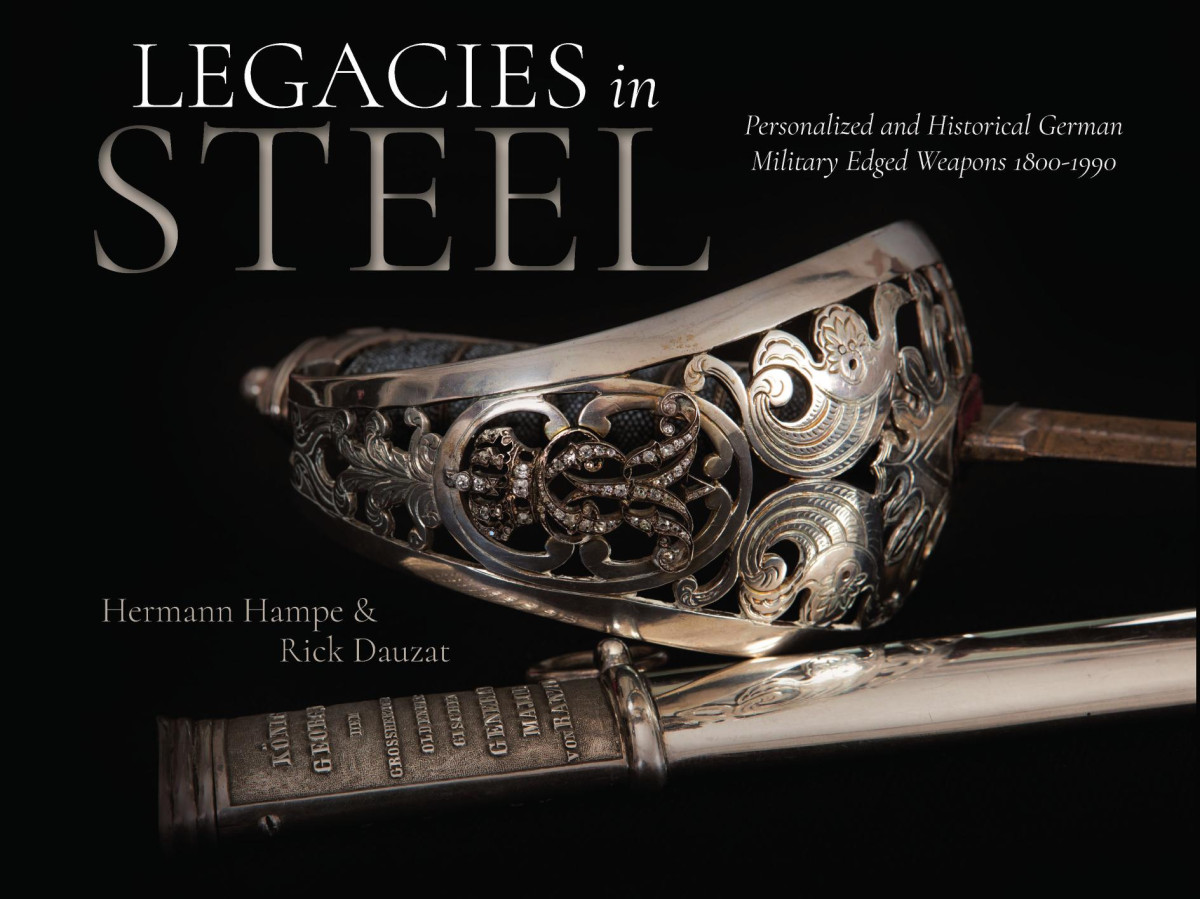

Most ebook files are in PDF format, so you can easily read them using various software such as Foxit Reader or directly on the Google Chrome browser.
Some ebook files are released by publishers in other formats such as .awz, .mobi, .epub, .fb2, etc. You may need to install specific software to read these formats on mobile/PC, such as Calibre.
Please read the tutorial at this link: https://ebookbell.com/faq
We offer FREE conversion to the popular formats you request; however, this may take some time. Therefore, right after payment, please email us, and we will try to provide the service as quickly as possible.
For some exceptional file formats or broken links (if any), please refrain from opening any disputes. Instead, email us first, and we will try to assist within a maximum of 6 hours.
EbookBell Team

4.3
68 reviewsLegacies in Steel is focused on historical edged weapons of the German military from 1800 to 1990. Nearly 100 examples have been carefully selected from some of the most important private collections in the world as well as German museums, the largest compendium of personalized edged weapons published to date. Through the photographic lens, details of these elegant and beautiful objects are featured.
Many of these edged weapons belonged to nobility, aristocrats, high-ranking military personnel as well as soldiers and seamen. Where possible, the careers and courageous exploits of the former owners are highlighted. An appreciation of this historical context transforms what is a beautiful and sublimely crafted artifact in its own right, into a portal to the past by putting a face to an otherwise inanimate object.
Swords and daggers, although having long outlived their utility as effective fighting weapons, maintained their popularity in Western Europe as uniform regalia and this reached its zenith in the 19th through mid -20th centuries. They were carried with great pride as a symbol of authority, organizational and social distinction, achievement and most importantly, honor. These weapons were produced with great skill and at high cost during the heyday of German edged weapon production. They required extensive handwork by many specialized and highly skilled artisans, often using precious metals and ivory, elaborate hand engraving and chiseling. Blades were fabricated of the highest quality Solingen steel. Folded steel Damascus blades were also painstakingly and selectively produced. Many examples are unique and border on singular works of art.